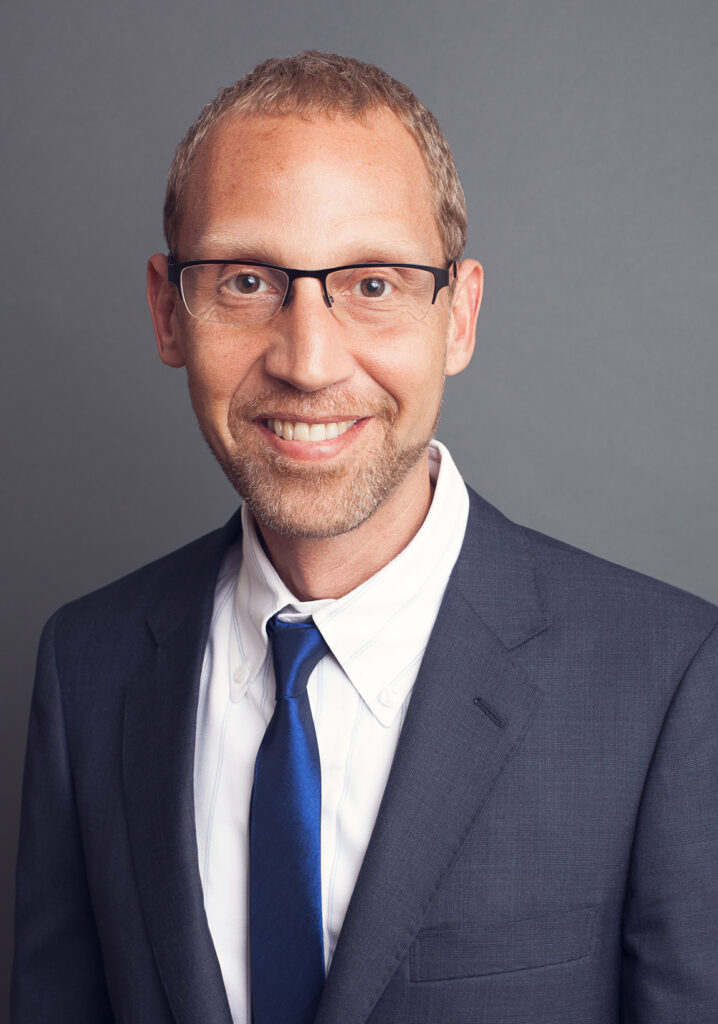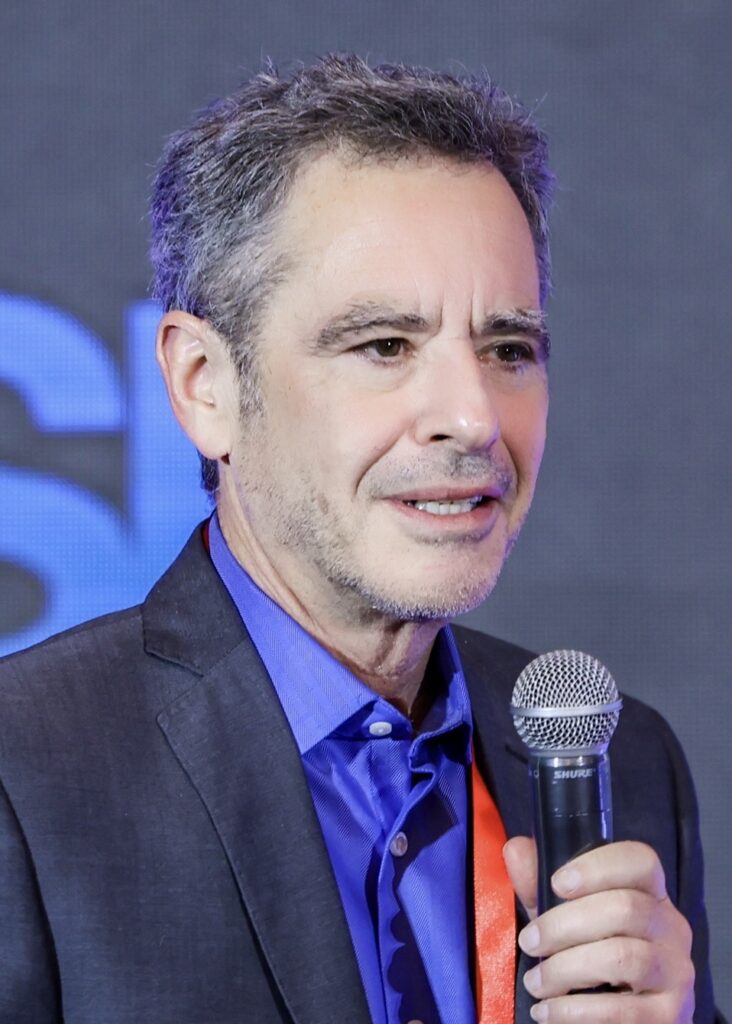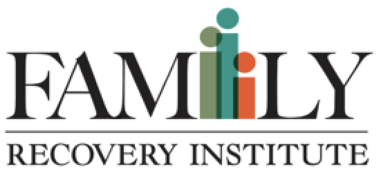Many of our patients suffer from various forms of developmental trauma. Whether their presenting problems are depression, anxiety, the inability to form meaningful relationships, or difficulty finding their direction in life, they live in the shadow of early relationships with misattuned caregivers.
Intersubjectivity theory and infant research give us new ways of understanding and working with these patients. Intersubjectivity theory helps us to recognize developmental trauma in our adult patients, to identify the unconscious organizing principles that result from that trauma, and to understand the traumatic attachments that keep them from moving forward in their lives. When combined with the findings of infant research, it gives us tools for effective affect attunement that allows our patients to integrate dissociated affects and use those affects to help them have richer, more meaningful lives.
This seminar will discuss the basic concepts of intersubjectivity theory, as developed by Robert Stolorow, George Atwood, and Bernard Brandchaft, and integrate those concepts with the empirical research about affect attunement of Daniel Stern, Beatrice Beebe, and Frank Lachmann, and the Boston Change Process Study Group. Participants will learn how to work more successfully to help their patients overcome the results of early trauma while avoiding many of the impasses that can result from ineffective treatment.
Learning Goals and Objectives:
- Define the bi-phasic nature of trauma.
- Explain how trauma leads to the formation of unconscious organizing principles.
- Describe and differentiate the two major functions of unconscious organizing principles so clinicians can identify them and utilize that information intersubjectively with the client.
- Explain how intersubjectivity theory understands the therapeutic alliance, and effectively establish and maintain a working alliance with their patients.
- Explain the difference between categorical affects and vitality affects.
- Describe three vitality affects and effectively employ them in treatment.
- Explain the difference between the dread to repeat and the dread not to repeat.
- Define structures of pathological accommodation.
- Track affective shifts in their patients that signal the shift from enthusiasm to malaise and intervene effectively to prevent prolonged negative therapeutic reactions.
Jane Rubin, PhD, received her PhD in Philosophy from UC Berkeley, her PhD in Clinical Psychology from the Wright Institute, and her PsyD in Contemporary Psychoanalysis at the Institute of Contemporary Psychoanalysis in Los Angeles. She is in private practice in Berkeley.
COST:
CIP Members:
$75 early registration 10 days prior to seminar; $85 after
Non-Members:
$110 early registration up to 10 days prior to seminar, $120 after
CEs: 6 CEs for LMFTs, LCSWs, and Psychologists.
Community Institute for Psychotherapy is approved by the American Psychological Association to sponsor continuing education for psychologists. Community Institute for Psychotherapy maintains responsibility for this program and its content.
Cancellations must be received in writing 10 business days prior to the seminar or class for a refund minus a $25 cancellation fee.
Accommodation for Special Needs: Accommodations will be made wherever possible to accommodate those with disabilities. Please let us know of any disabilities upon registration, to ensure that proper accommodations are put in place prior to workshop/training.
Grievance Procedure: CIP will respond to complaints in a reasonable, ethical and timely manner, when submitted by program attendees in writing to the Chair of CIP’s Professional Development Committee.
Anti-Discrimination Policy: CIP shall not discriminate against any individual or group with respect to any service, program or activity based on gender, race, creed, national origin, sexual orientation, religion, age or other prohibited basis. CIP does not require attendees to adhere to any particular religion or creed in order to participate in training. CIP will not promote or advocate for a single modality of treatment that is discriminatory or likely to harm clients based on current accepted standards or practice.
*There is no conflict of interest or commercial support related to this CE program.













